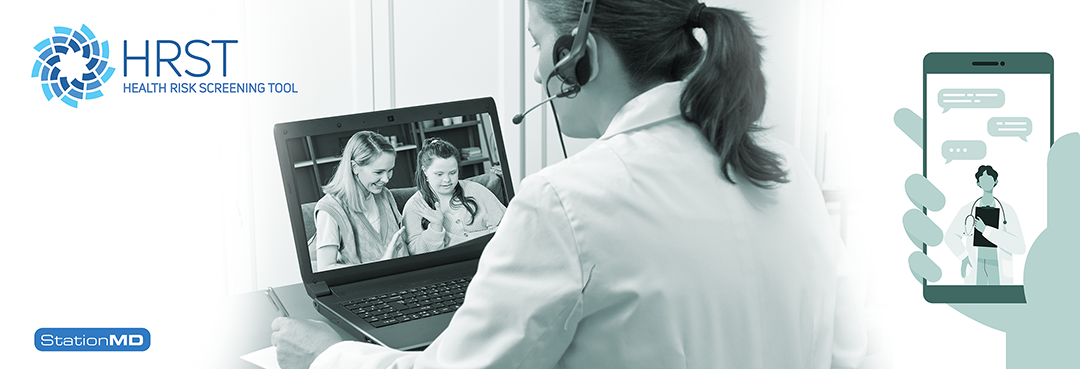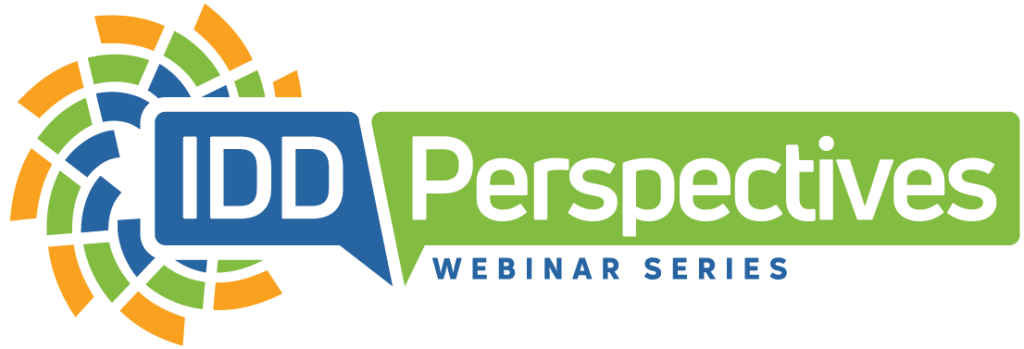
What is Health Risk Informed Telemedicine and How Can it Benefit the People You Support
By Lorene Reagan, Director of Public Relations, IntellectAbility
Janet is a 50-year-old woman who has a history of urinary tract infections. It’s Saturday afternoon, and she’s complaining of pain with urination and refused to eat her lunch earlier in the day. The group home staff bring her to the emergency room, where she waits for 6 hours to be evaluated and treated, with the same antibiotic she’s received in the past. Janet and her housemates, who’d planned on attending a holiday party that evening, were unable to go because Janet, the house van, and the only other direct support professional on duty were stuck in the emergency room
In this condensed webinar recording, learn more about how IntellectAbility, StationMD, and The Missouri Division of Developmental Disabilities facilitate interoperability between the Health Risk Screening Tool and StationMD’s telehealth platform to provide real-time health risk information to telehealth providers.
What can we do to prevent unnecessary emergency room visits and potentially preventable (and risky) hospitalizations for people with IDD? One solution is to ensure people have access to IDD-competent, health-risk-informed telemedicine support.
According to Dr. Maulik Trivedi, Chief Strategy Officer at StationMD, “Health risk informed access to IDD competent telemedicine supports is a game-changer for people with IDD. Our partnership with IntellectAbility starts with educating our physicians using the Curriculum in IDD Healthcare and now includes access to the person’s health risk information using a new interface between the Health Risk Screening Tool (HRST) and the StationMD telemedicine platform.”
“As telemedicine usage increases, we at IntellectAbility are working to ensure Janet and others with IDD have equitable access to IDD-competent, risk-informed telemedicine. The HRST-StationMD interface is a great starting point for achieving health equity for people with IDD and preventing unnecessary emergency department visits and hospitalizations,” said Dr. Craig Escudé, IntellectAbility President.
For more information or to request a demonstration of the HRST, please contact us!




